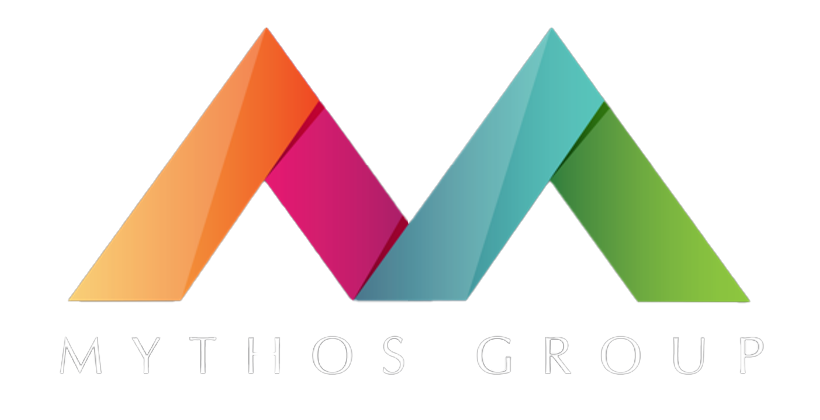In private coaching sessions, leaders often tell me they believe their people skills are lacking. The reasons follow the same track:
- They can’t seem to motivate that worker to step up their performance.
- They can’t compel their team to shift their thinking and innovate.
- They’ve tried everything but they just can’t get people to accept the necessary changes in the business.
They blame themselves, believing they just don’t have good enough people skills. We assume it’s our failing when people don’t respond.
Guess what? We all have the same issues. It’s not that we lack people skills. It’s that we’ve been taught the wrong people skills. Based on century old beliefs whose time has come.
So what are the people skills that we need to know to become great leaders?
Your People Hold the Secret to Influential Leadership
We can learn what makes our people really tick. That’s the gift for modern leaders, the opportunity to understand how every individual needs to be led to deliver their best possible performance.
Once we understand an individual, we can adapt our leadership to match what that individuals needs.
That’s when real performance happens.
Below are three examples of what we can all learn from a dive into our human minds.
How We’re Wired |
Leadership Impact |
|
COMMUNICATION Every person on this planet is wired differently in the way we need information communicated so that it is clear vs. confusing. That includes information about our world, our job, a project and more. We’re also specifically wired in the way we process that information and make decisions about it. If we don’t get clear information, we can’t make correct decisions. |
COMMUNICATION We naturally communicate in the way we are wired. Which means we mis-communicate with anyone who isn’t wired the way we are. Which would be the majority of others. When we learn how people are wired to communicate and process information, we can adapt our style to match who we’re communicating with. Communication goes from confused to compelling and better decisions result. |
| MOTIVATION
We also are all uniquely wired as to what it takes to motivate us into action. We do what we do, act when we act, based on different triggers. |
MOTIVATION
As leaders, we motivate using our own motivation mind design. If you’re trying to motivate someone and it’s failing, it’s not you! You’re simply not hitting that person’s motivation trigger. When we understand the other person’s motivation trigger—we adapt our behavior to match their needs. For example, are they motivated by a carrot or a stick or some combination? Do they need to see the upside potential to become motivated? Do they need to understand why something has to happen to trigger motivation? |
| CHANGE
We’ve all seen teams herd up and dig in at the slightest mention of a change. We’ve heard the muttered complaints, felt the cringe in the room. We may assume it’s stubbornness, or perhaps they just don’t understand the power of the change. The reality is that our human brain chemistry literally drives us to fight change. With the same fight that is part of our instinctual fight or flight instinct. |
CHANGE As leaders, we’re taught how to manage change and the resistance we’re told to expect. The thing is – change management approaches don’t address the human chemistry that is the key driver of resistance to change. They offer processes that focus on organizational and high level analysis… while missing the true cause. Which is our human brain chemistry. When we understand how human brain chemistry triggers everything from resistance to change to group dynamics, we can leverage and/or avoid the chemical responses that set up resistance. For example, when we see the team herd up behind a specific approach, we can act to neutralize the chemical reaction driving that herd behavior. How? By creating another herd with 1-2 people. That creates the safety humans need to move from backing one approach to stepping into something new. We can effectively lead change, when we leverage the technology of our minds. |
The Bottom Line
We’re not lacking in people skills. We’re lacking in the understanding of what really makes individuals tick.
The knowledge of how our human minds influence our behaviors and beliefs is increasing everyday, by leaps and bounds. We can use this knowledge to adapt our own leadership behaviors.
We can learn to fuel employee performance, lead effective change, drive increased job satisfaction and become the influential leaders we all strive to be.







